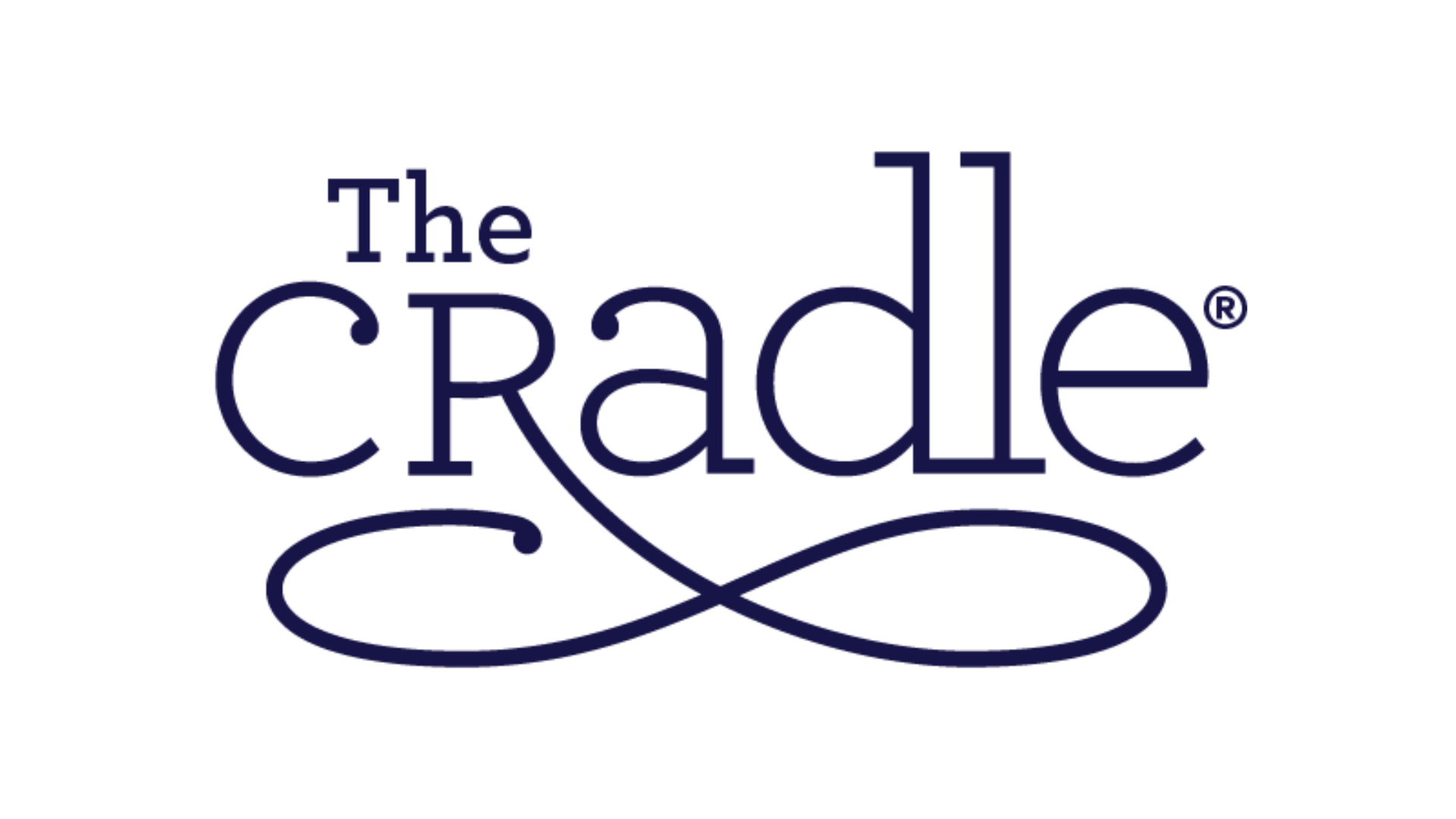Working with patients or clients who are expecting and considering adoption can be complex. Our guide provides insights into how to ethically support them during this critical time.
As a medical provider or social worker, you may encounter patients or clients facing unplanned pregnancies. This period can be overwhelming and filled with uncertainty. When adoption enters the conversation, the situation can become even more nuanced.
Supporting a patient or client considering adoption can be challenging for professionals. To support you in navigating these complexities, we’ve outlined key ethical considerations to help you approach these situations with care and professionalism. In addition to being a resource for your patient or client, The Cradle is here to support you as a professional.
Reassure Patients Adoption Isn’t Final Until Documents Are Signed
Inform your patients and clients that speaking or working with an adoption agency does not obligate them to proceed with an adoption plan. Even if they have identified and have been talking with a prospective adoptive parent, nothing is final until legal documents are signed.
Stay Informed on State Laws and Adoption Practices
Adoption laws and practices vary from state to state, including timelines for when parents can voluntarily terminate their parental rights. Understanding the regulations in your state will enable you to provide accurate guidance. However, regardless of location, some ethical adoption principles remain universal.
For instance, making or exploring an adoption plan does not mean a biological parent loses any of their rights. They still have the same rights as someone not considering adoption, including the right to name, hold and spend time with their child.
Additionally, until legal surrenders are signed, the voices of the biological parents must always take precedence over the prospective adoptive parents. Until a child is legally placed with prospective adoptive parents, the biological parent remains the legal decision-maker regarding their child.
Your primary responsibility is to your patient or client, not the adoption agency or prospective adoptive parents. Ensure that their needs, concerns and well-being remain your focus. The prospective adoptive parents should be getting guidance and support from their adoption agency.
Educate Patients on Their Rights and Options
Many expectant parents may not fully understand their rights or the permanence of adoption. It is essential to clarify that adoption is not a temporary plan, but a permanent, legal decision.
Sometimes, parents facing temporary challenges simply need resources and support. Be aware of community resources that provide financial and parenting support. Offering a well-rounded and unbiased resource list that includes alternatives to adoption allows your patient or client to make an informed decision.
Use Adoption-Positive Language
Adoption-positive language is a way of discussing adoption that helps ensure that everyone in the adoption circle — birth parents, adoptive parents and people who are adopted — feels valued and empowered. Adoption-positive language emphasizes accuracy and respect. It avoids terms that carry negative connotations or unintentionally reinforce harmful stereotypes. Learn more about adoption-positive language here.

Do Not Facilitate an Adoption
Even if you know individuals or families hoping to adopt, it is not ethical to facilitate an adoption yourself. Adoption involves complex legal and emotional considerations. Attempting to arrange an adoption can introduce power dynamics that may compromise decision-making, and your clients trust in you. Always direct your patients or clients to qualified adoption professionals who can provide appropriate support.
Seek a Second Opinion
If you ever feel that an adoption agency or social worker is not acting in the best interests of your patient or client, seek a second opinion from another adoption professional. While the hope is that agencies and hospitals will know and follow ethical guidelines, there may be instances where this is not the case. You can be an advocate if you observe something that does not sit right with you.
Offer Emotional Support
Unplanned pregnancies can be overwhelming and emotional. Creating a compassionate and judgment-free environment can provide expectant parents with stability and reassurance that they need during this critical time.
Additionally, be mindful of the language used in your workplace from other staff. Many expectant parents may feel guilt, shame or pressure to choose one plan over another. Misconceptions about expectant parents considering adoption can lead to insensitive remarks, even in medical and social work settings, that add pressure or shame. Help ensure that all your colleagues approach discussions with compassion and understanding and interact with your client or patient with respect no matter what plan they may be considering.
Learn More
If you are interested in learning more about ethics in infant adoption, The Cradle periodically offers free, interactive webinars or in-person trainings on ethical considerations in infant adoption. These trainings offer Continuing Education Credits (CEUs).
If you’re unable to attend our next training and would like to be notified about future sessions, join our Professional Development email list. If you would like specific training for your hospital on ethics or other adoption topics, please contact outreach@cradle.org.














